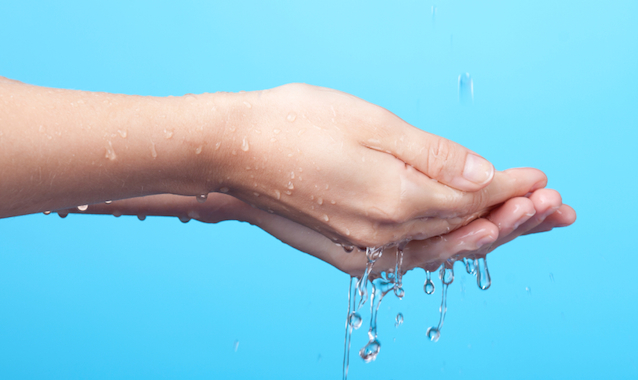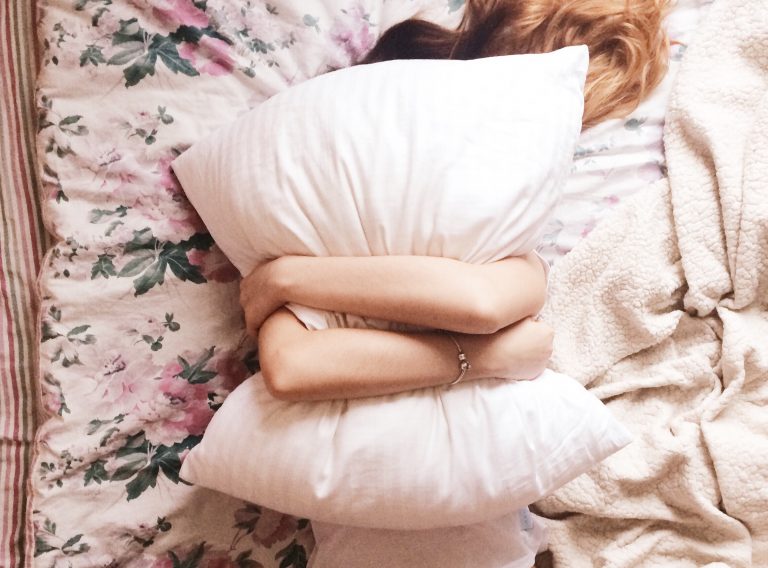Are We Killing Germs or Killing Ourselves?
November 18, 2014
I’m sure you’ve all heard that country song about how life was years ago when we drank from water hoses and lived to talk about it. Today we all seem to be hyper vigilant about things we all lived just fine without years ago. Do we really need warnings on our coffee cups that the contents are hot? Do all of the products we use need to be antibacterial?
Are We Killing Germs or Killing Ourselves?
The last time I went to the grocery store, I was amazed at the number of products that had “antibacterial” on the label. Hand soap, wipes, hand lotion, cleaning products, dish liquid, laundry detergent. The list goes on and on. Is this really necessary? Does every single product that we use need to be antibacterial? Isn’t plain old soap and hot water good enough? Even worse, is our quest to be completely germ free actually harming us?
Triclosan is an ingredient that is in over 75% of hand soaps that are labelled antibacterial. It’s something that we have suspected may not be that safe for quite a while. The FDA warned people last year that triclosan may be harmful because a study that was done showed changes that occurred in mice that “resemble the environment within which human liver cancer forms.” Some manufacturers have been slowly phasing triclosan out of their products but many more still exist.
Triclosan can be found in many other common household and beauty products including toothpaste, floor wax, clothes, kitchen items and even toys. While a possible link to liver damage is bad enough, triclosan has also been shown to cause congestion, itchy eyes, breathing problems, and even food allergies! Studies show that children with higher levels of triclosan in their urine have an increased occurrence of allergies.
If you phase out anything from your home, the worst offenders are antibacterial soaps, toothpaste, mouthwash and some deodorant brands. Just take a quick look at the label the next time you’re shopping and put it back on the shelf if you see the word triclosan. Avoid any products with these claims on the front of the package: “antimicrobial,” “anti-odor,” “odor-fighting,” or treated with “Microban” because they could contain triclosan as well.
Worried about bacteria? Wash your hands and other objects with hot soapy water. An FDA committee found that using antibacterial soaps provides no benefits over plain soap and water. Sadly, there has been no ruling on this yet by the FDA but they commit to doing something by 2016. Please make the effort yourself to stop buying these products.





